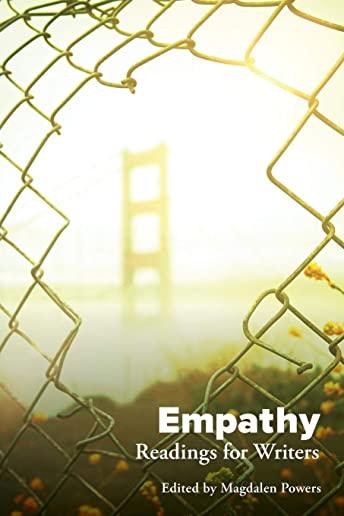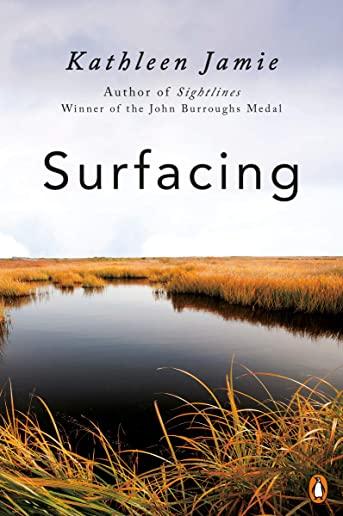
description
ways, but no connections are as deep as those built around shared experiences. Empathy invites us to feel others' feelings, to see the world how they see it. The world seems to need empathy now more than ever.
This collection of essays, historical documents, stories, and poetry explores the American tendency to decide who is "us" and who is "them" in terms of race, sexuality, immigration status, ability, and other categories of difference. The collection offers readings of varying levels of difficulty and from a wide range of perspectives. This book features not just examples of empathy in practice--which shows readers what it looks like and invites participation in empathy--but also examples where empathy was needed in history and none was found.
Selections include works by Marcus Aurelius, Kate Chopin, Frederick Douglass, Ralph Waldo Emerson, Lawson Fusao Inada, Harriet Ann Jacobs, Emma Lazarus, Barack Obama, Franklin Delano Roosevelt, Margaret Sanger, Sonia Sotomayor, Sojourner Truth, and many more.
This collection of essays, historical documents, stories, and poetry explores the American tendency to decide who is "us" and who is "them" in terms of race, sexuality, immigration status, ability, and other categories of difference. The collection offers readings of varying levels of difficulty and from a wide range of perspectives. This book features not just examples of empathy in practice--which shows readers what it looks like and invites participation in empathy--but also examples where empathy was needed in history and none was found.
Selections include works by Marcus Aurelius, Kate Chopin, Frederick Douglass, Ralph Waldo Emerson, Lawson Fusao Inada, Harriet Ann Jacobs, Emma Lazarus, Barack Obama, Franklin Delano Roosevelt, Margaret Sanger, Sonia Sotomayor, Sojourner Truth, and many more.
member goods
No member items were found under this heading.
Return Policy
All sales are final
Shipping
No special shipping considerations available.
Shipping fees determined at checkout.







